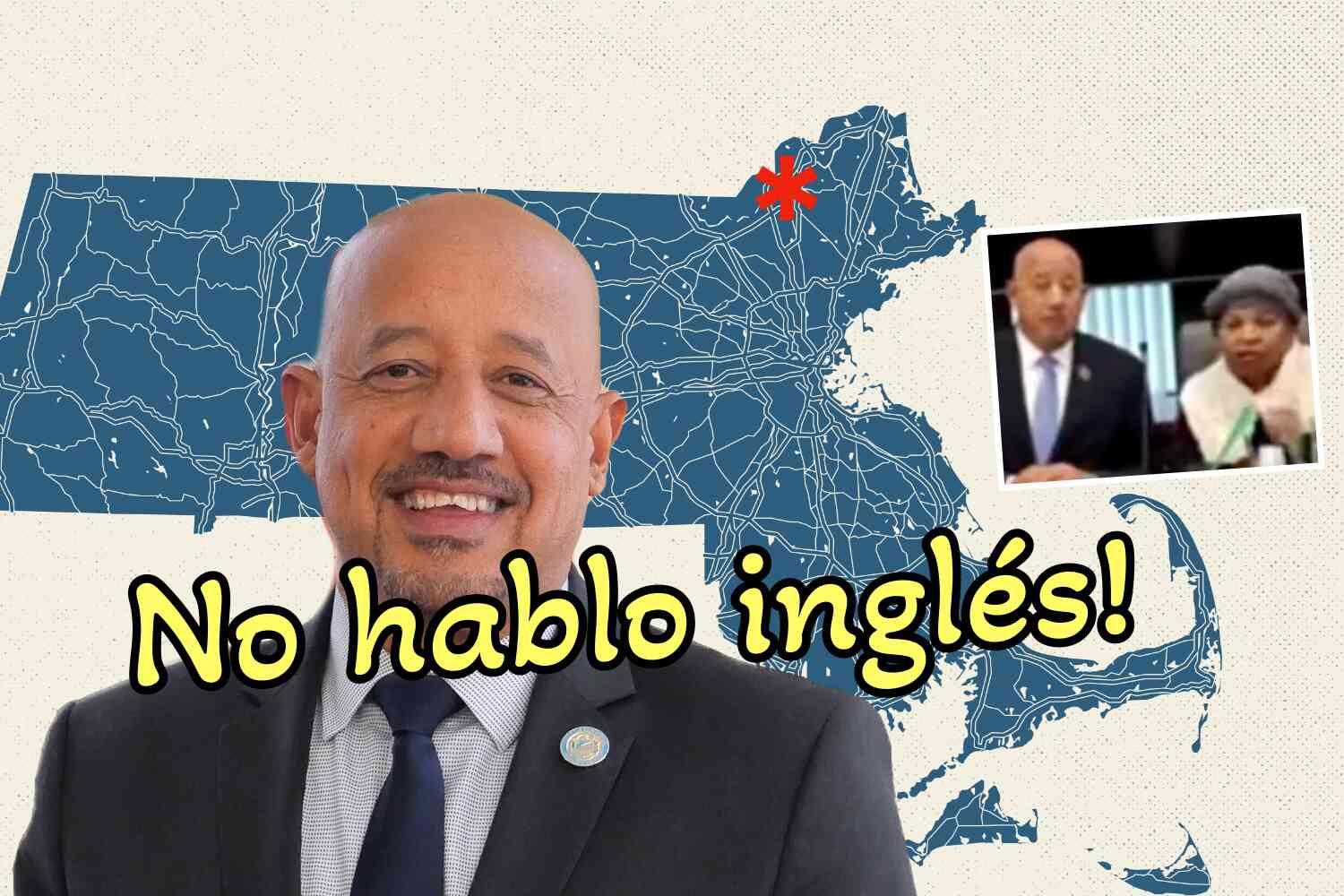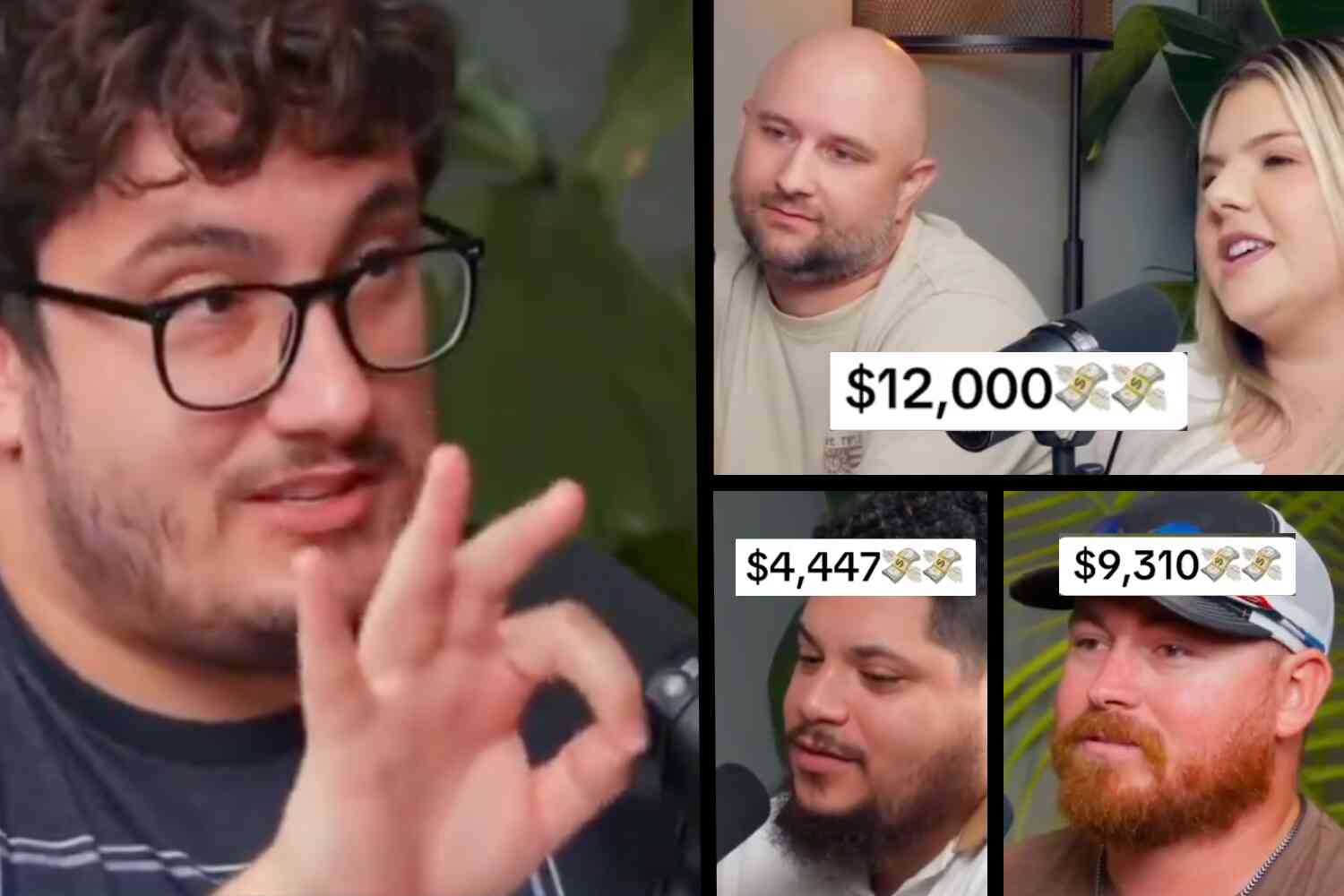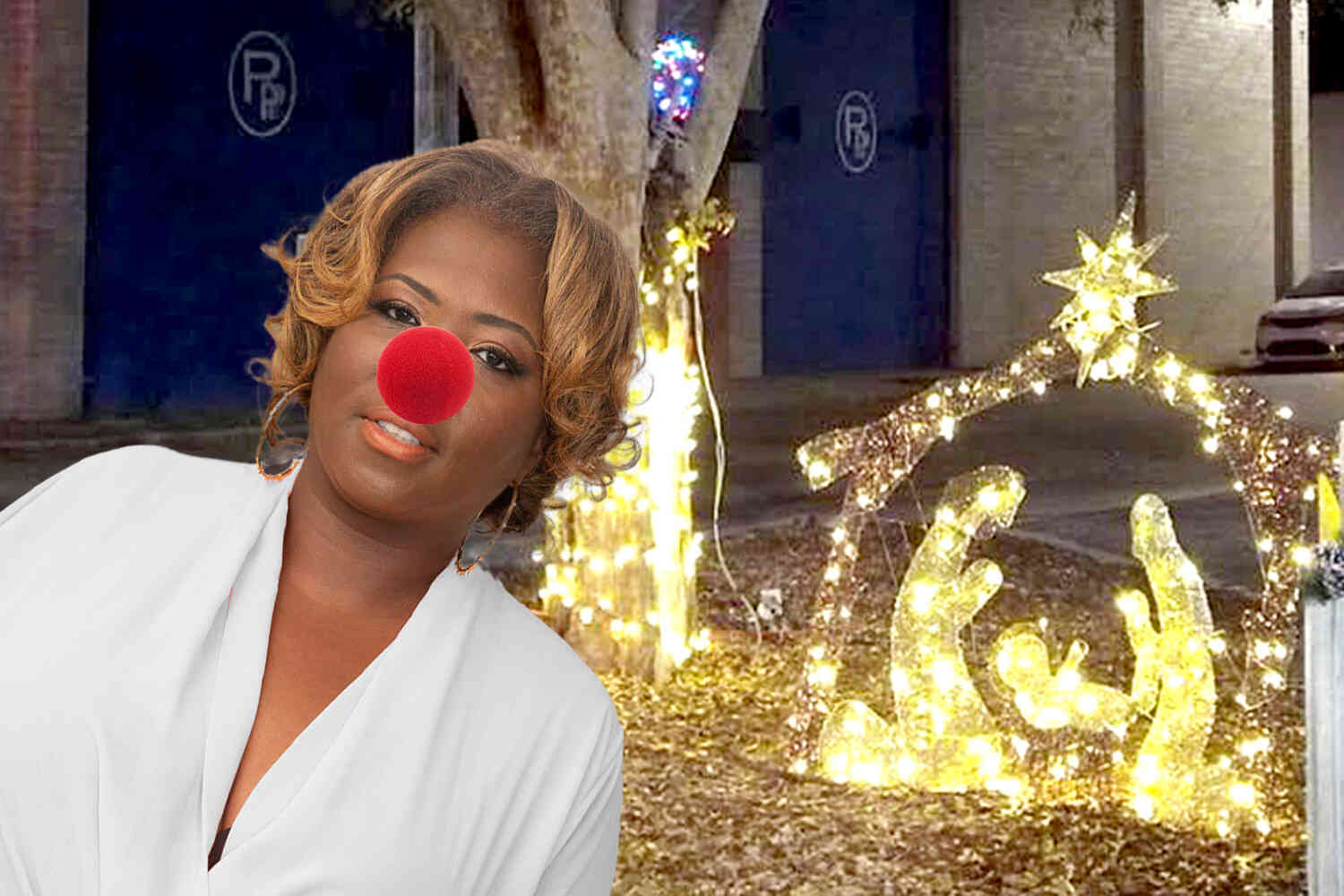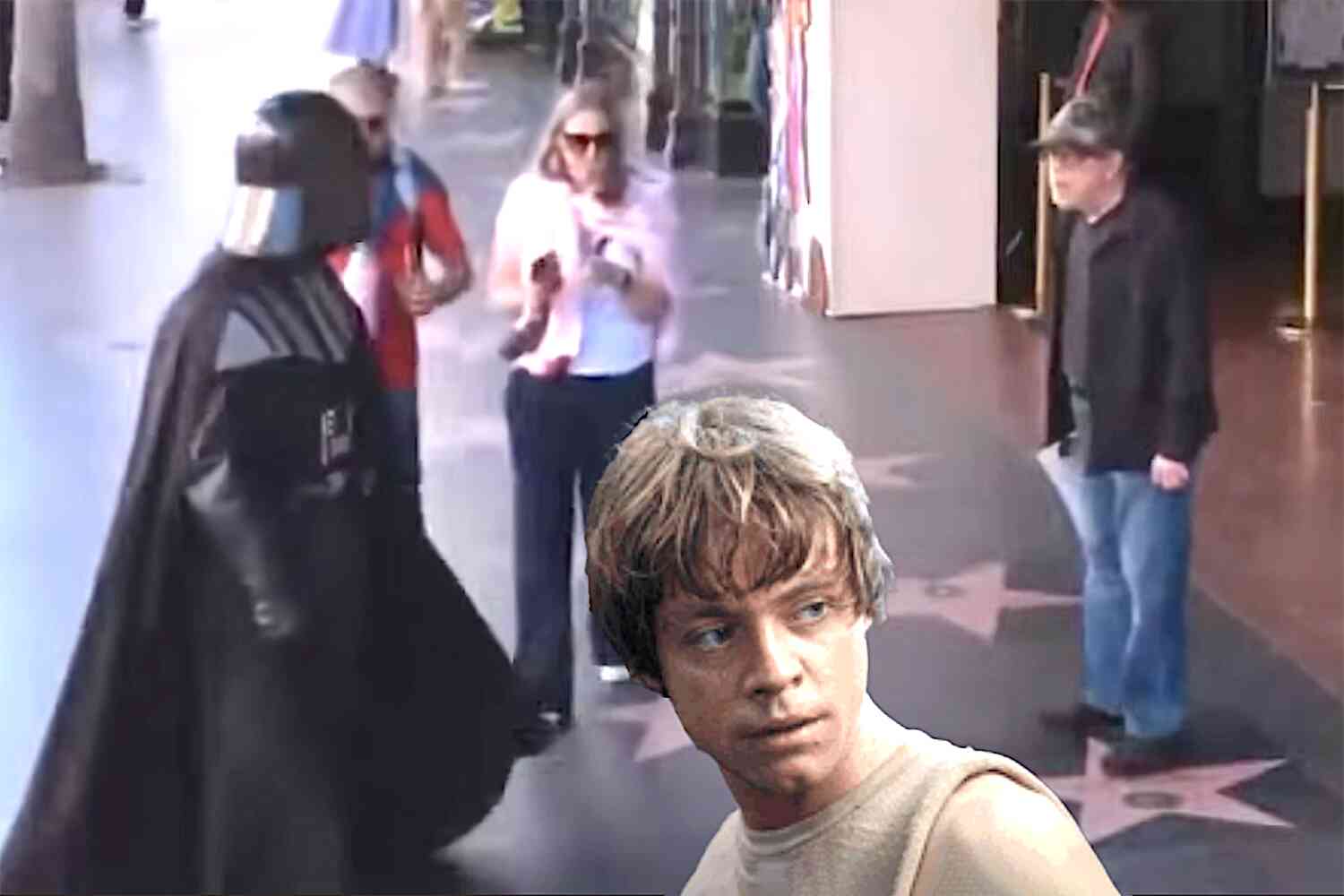You know the old saying, "You're never too young to start learning about intersectionalities and the oppressor/oppressed paradigm of neo-Marxist thought."
At least I think that's how that saying went.
What does Critical Race Theory demagoguery have to do with science, you may ask?
Actually, you may not ask, so shut up, bigot.
Julie Barrett, who happened by her daughter's remote learning class and heard what she thought to be very non-sciency things being discussed did ask, and recounted this response from the principal:
"She explained that this kind of teaching is now being incorporated into all subjects at the teacher's ‘professional discretion,'" Barrett explained to the Jason Rantz Show on KTTH. "If the teacher feels that there is something along the racial, social justice, LGBTQIA+, equity/diversity, et cetera – they can incorporate that however they want into their lesson plans."
Forget reading, writing, and arithmetic, the Northshore School District in Washington is all social justice all the time.
Besides, math is racist.
When the mother initially saw what was going on in her child's "science" class, she started recording. Here's the full video:
It started with a video in which a group of people all start on a line and as certain identities or "intersectionalities" are read off, they step forward for the identities that confer privilege and backwards for those that confer marginalization, thus setting up an oppressor/oppressed dichotomy.
Some of the questions were socio-economic.
If your parents worked nights and weekends to support your family take one step back.
Only a person who has spent their entire career in academia could have come up with a question like that and think answering in the affirmative connotes economic disadvantage.
Wealthy high-income professionals routinely work nights and weekends.
Oh, and they don't get summers off, either.
Really, it's not just waiters and busboys.
If you get time off for your religious holidays, take one step forward.
Does that include Festivus by any chance?
If you have ever been bullied or made fun of based on something that you can't change, take one step back.
When you get to this level of granularity, you are drilling down to the ultimate minority: The individual.
So, what's the point?
The point is to manufacture a necessity to right fabricated wrongs, requiring empowering a central authority to divvy up the spoils.
That's only fun if you're the one doing the divvying.
(Hint: You won't be the one doing the divvying.)
At the end of the exercise we've sorted out our oppressors and oppressed:
I don't want to spoil the ending, but believe it or not, the guy who ends up in the front of the room is a white straight male! No, seriously.
No way you saw that coming.
And in the back? A black gay female.
How can that be?
There were no transgender people there, obviously.
In case you thought you maybe accidentally skipped a paragraph, no, this is still taking place in a science class.
The white man in the front remarks:
Just looking back and seeing like a bunch of people behind you is not a good feeling.
First of all, looking back and seeing a bunch of people behind you is almost always a good feeling. It's a good feeling in track, it's a good feeling if you have a football in your hand and you're racing towards the goal, and it's a good feeling when you've camped out all night for tickets to see The Knack, which I may or may not have done.
...Okay, perhaps not such a great feeling if you find yourself in uniform and with a rifle in your hand and someone just yelled, "Charge!"
I think what the man said is more revealing than he meant it to be. We've created a culture that celebrates the victim. It's becoming a situation where being in the back is where the real privilege is.
And boy, is that going to mess up the "Wheel of Power/Privilege!"
Speaking of which, after watching the video, the teacher directs the kids to the "Intersectionality and Identities" unit on their science dashboard. No, seriously.
Here's a closer look:
The Punnett Squares can wait, we have systems of oppression to dismantle first!
To help the accomplish that, the teacher moved on to the exercises:
I can just feel the equity.
Why is it important to critically reflect on our identities?
Ooh, ooh, pick me, I know the answer to that last one:
"It's not."
What do I win? Besides an all-expenses-paid trip to a C- I mean.
On to the big event: the "Wheel of Power/Privilege!"
So many ways to be oppressed, so little time.
We even have categories!
Again, the more you slice and dice, the more this exercise makes no sense. The wheel would need a thousand categories and hundreds of entries to come close to capturing a sliver of what an individual human being is about.
But individuality is not the goal here, collective guilt is.
Most of the entries are unsurprising, but there are some oddities. For example, why is being a lesbian lumped in with things like being pansexual, and therefore considered more marginalized? Is it purely because lesbians are women? That's it, isn't it?
They also feel the need to note that being in the country illegally marginalizes you. Well, yes, breaking the law will do that.
But let's pay specific attention to the entries closest to "Power":
Rich, property-owning, slim, mentally stable, neuro-typical, heterosexual, able-bodied, college educated, white, citizen, cisgender man, speaks English."
In some ways, this is targeting the middle class, and in other ways targeting average Americans. I would leave race out of it, but the message is clear nonetheless.
This wheel is trying to demonize what might be the final societal block standing between the American dream and woke madness.
The students are instructed to circle the items that apply to them. The teacher stresses that they don't have to do it. Sort of.
"This work is not required. It is optional. I will excuse it if you don't turn it in," she said. "However, it is highly, highly recommended. I think it's really important to know this stuff before we can figure out ways to dismantle the systems of oppression."
She never really defines those systems. It's just assumed.
She finishes with this and then, finally, moves on to the Punnett Square quiz:
"And I think this will also just set you up nicely for high school and just the world. And when you look at someone, remember that you know we all have all of these intersecting identities."
When you look at someone, don't see them as an individual, see them as part of the collective.
Marx couldn't have put it better himself.
Karl, not Groucho.










